To most people outside of that community, a skateboard is nothing more than a wooden plank on wheels with sometimes outrageous artwork painted on it. The probably surprising reality is that a great deal of design and engineering goes into making these skateboards to keep them aerodynamic while also light and sturdy. While it’s fine to stick to nearly perfected traditions when it comes to materials and processing, there’s also a need to push the envelope in order to design a product that will not only stand the test of time but will also help the planet last a little bit longer as well. That’s the kind of innovation that this seemingly normal sustainable skateboard brings to the market with a little help from airplane maker Airbus.
Designer: François Jaubert


To be fair, much of a skateboard’s composition, particularly its deck, already uses sustainable materials like wood. That said, there’s also such a thing as the overuse of fresh wood, which can lead to deforestation and other related environmental consequences. While skateboards themselves can be recycled or upcycled, the use of recycled materials like recycled wood hasn’t exactly born much fruit.

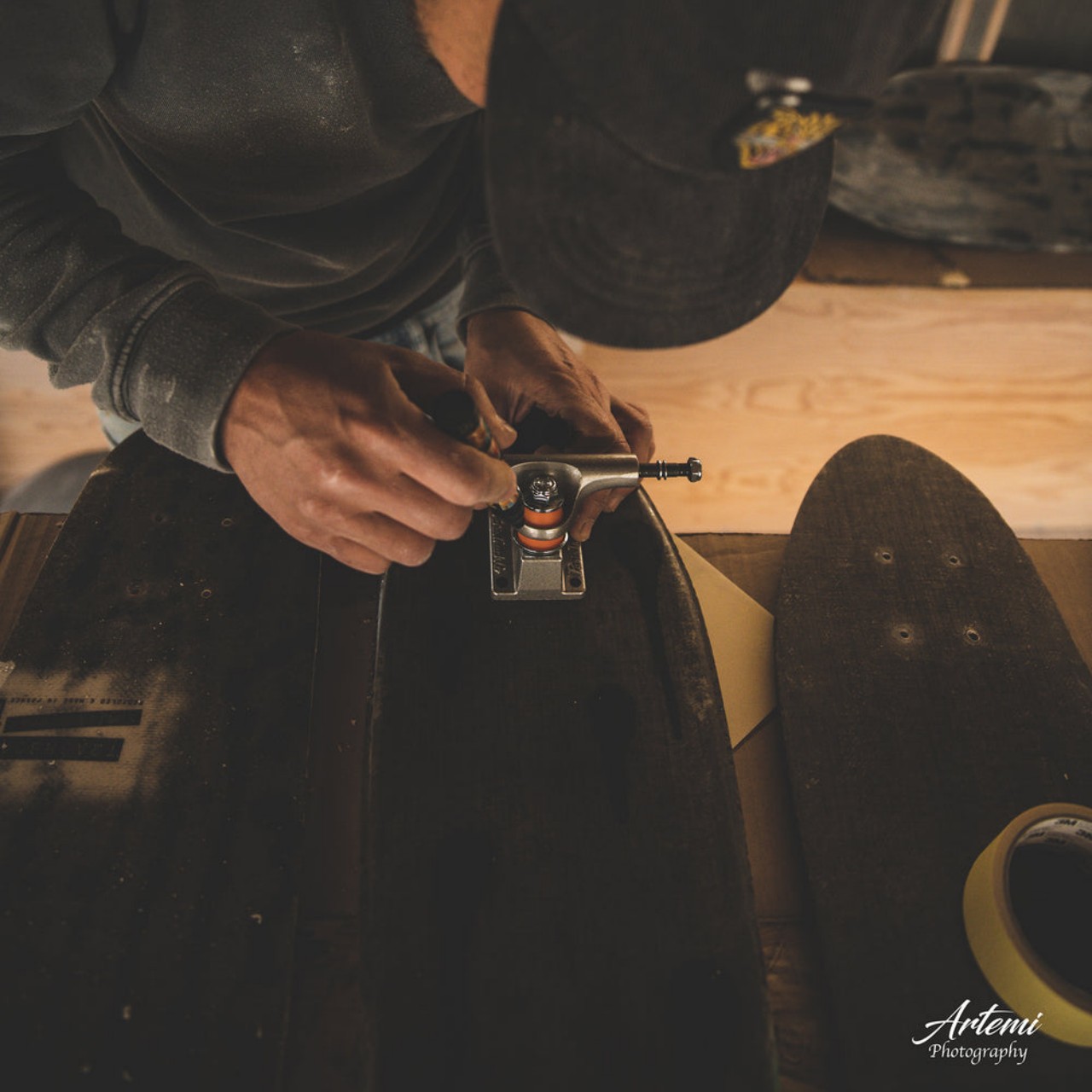
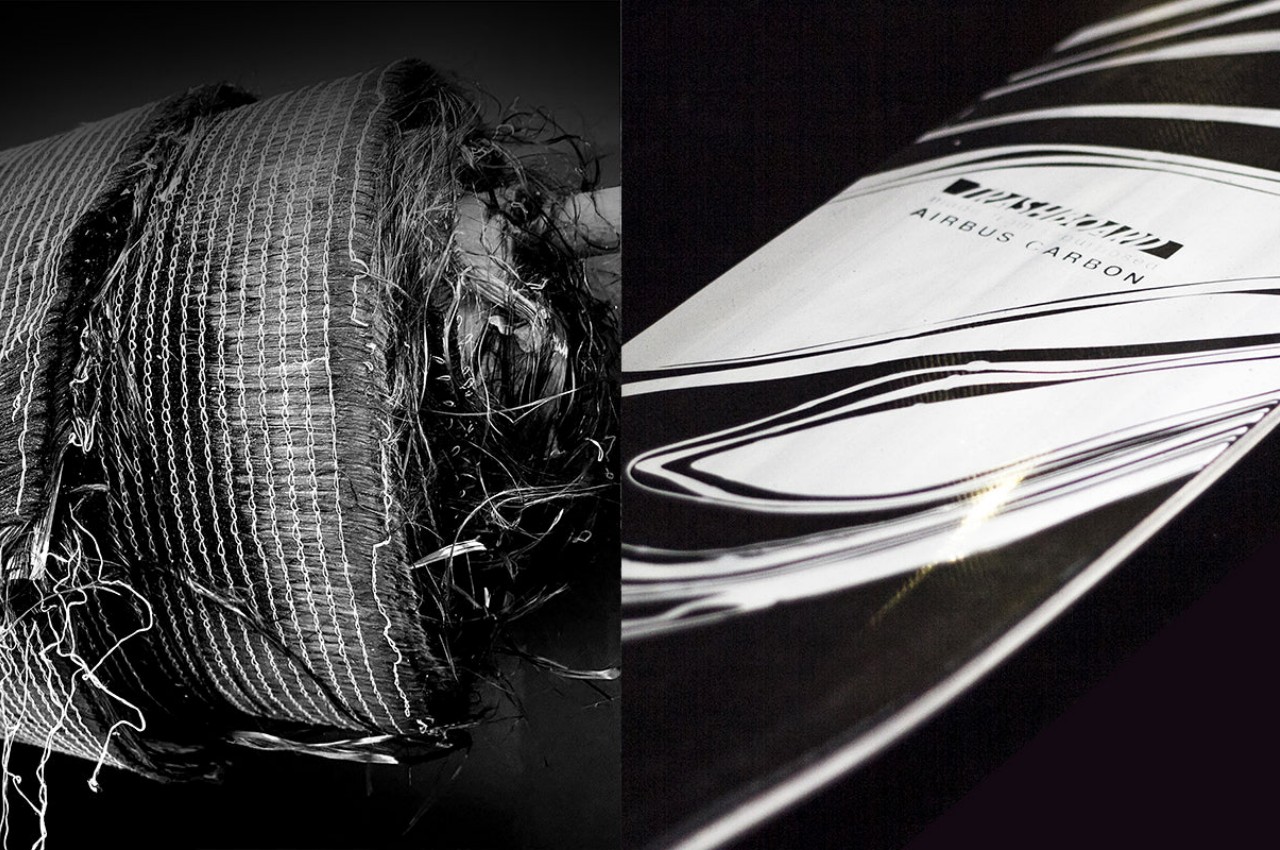
Enter the Trashboard, a sustainable design that uses recycled materials that aren’t wood. Building upon an earlier project that successfully used packaging cardboard to make a surfboard, the Trashboard combines recycled and upcycled materials to make a unique deck that still feels like the genuine item. In particular, it uses upcycled carbon from discarded aeronautic components courtesy of Airbus to minimize the use of raw new materials. It also uses compressed recycled cardboard for the deck’s flex core and binds the layers together using bio-sourced epoxy resin.
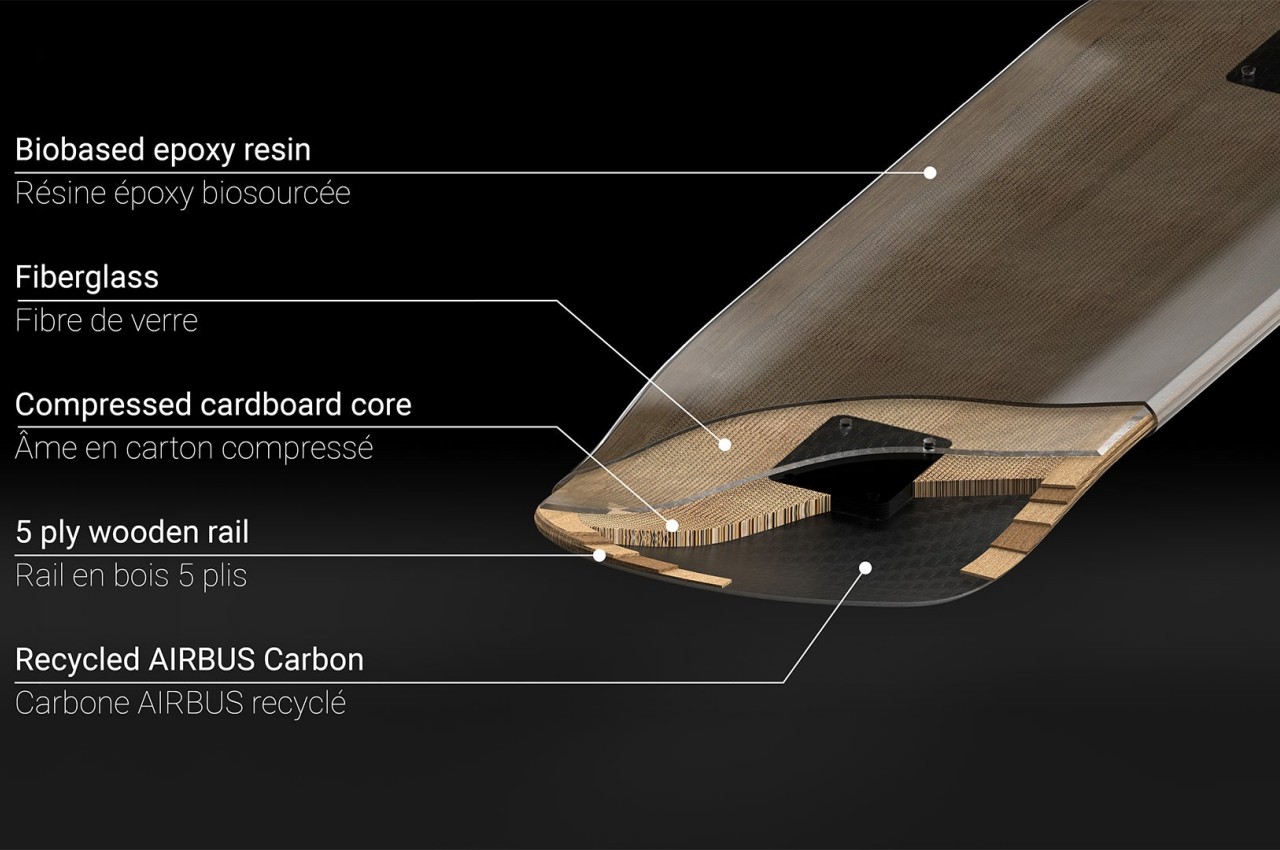
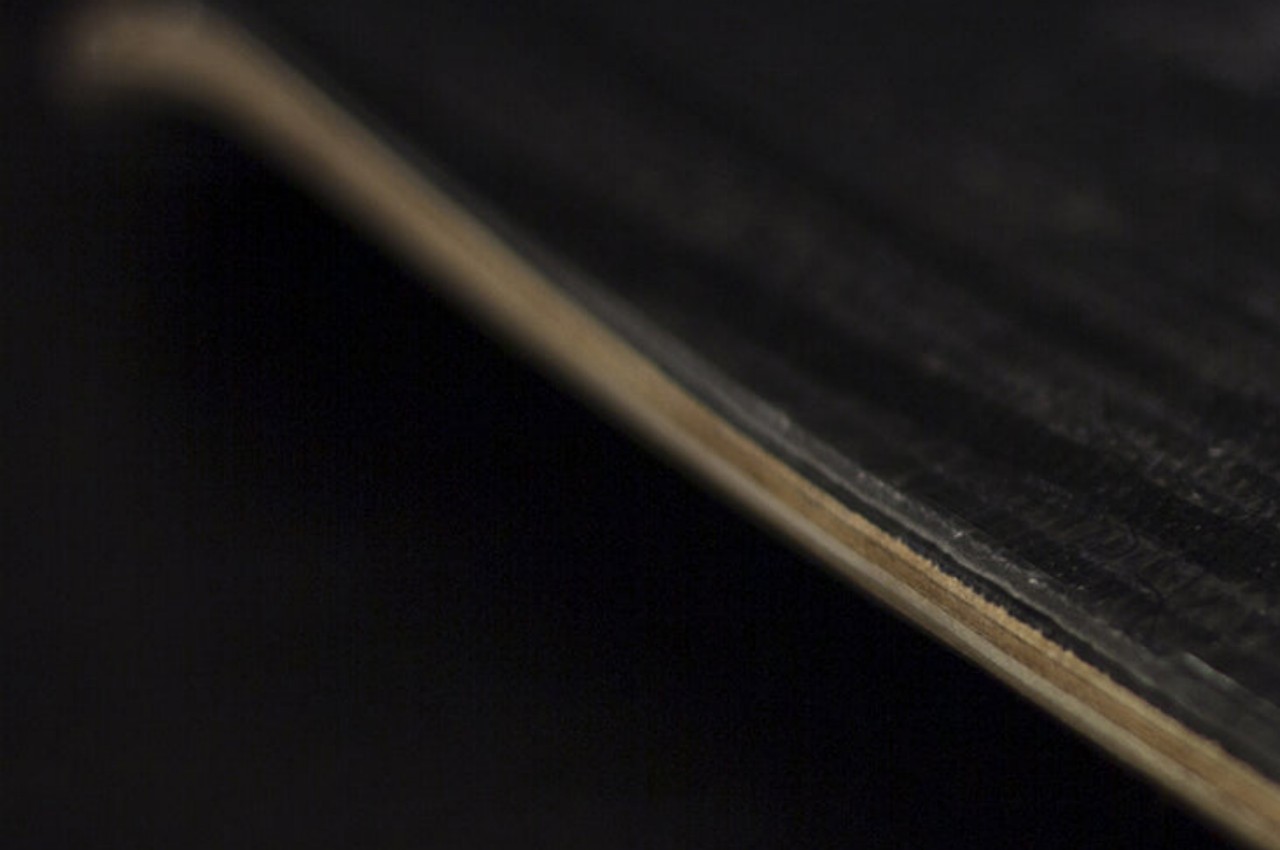
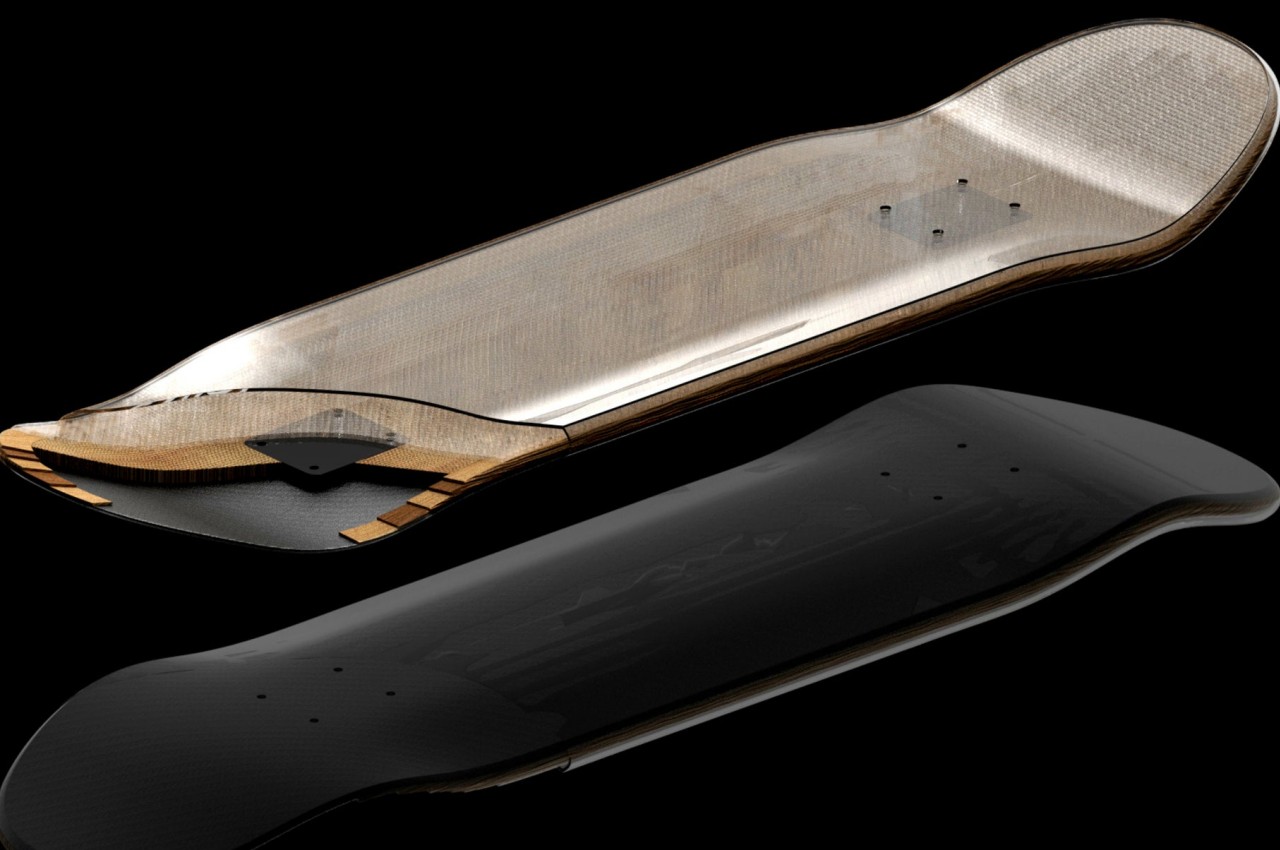
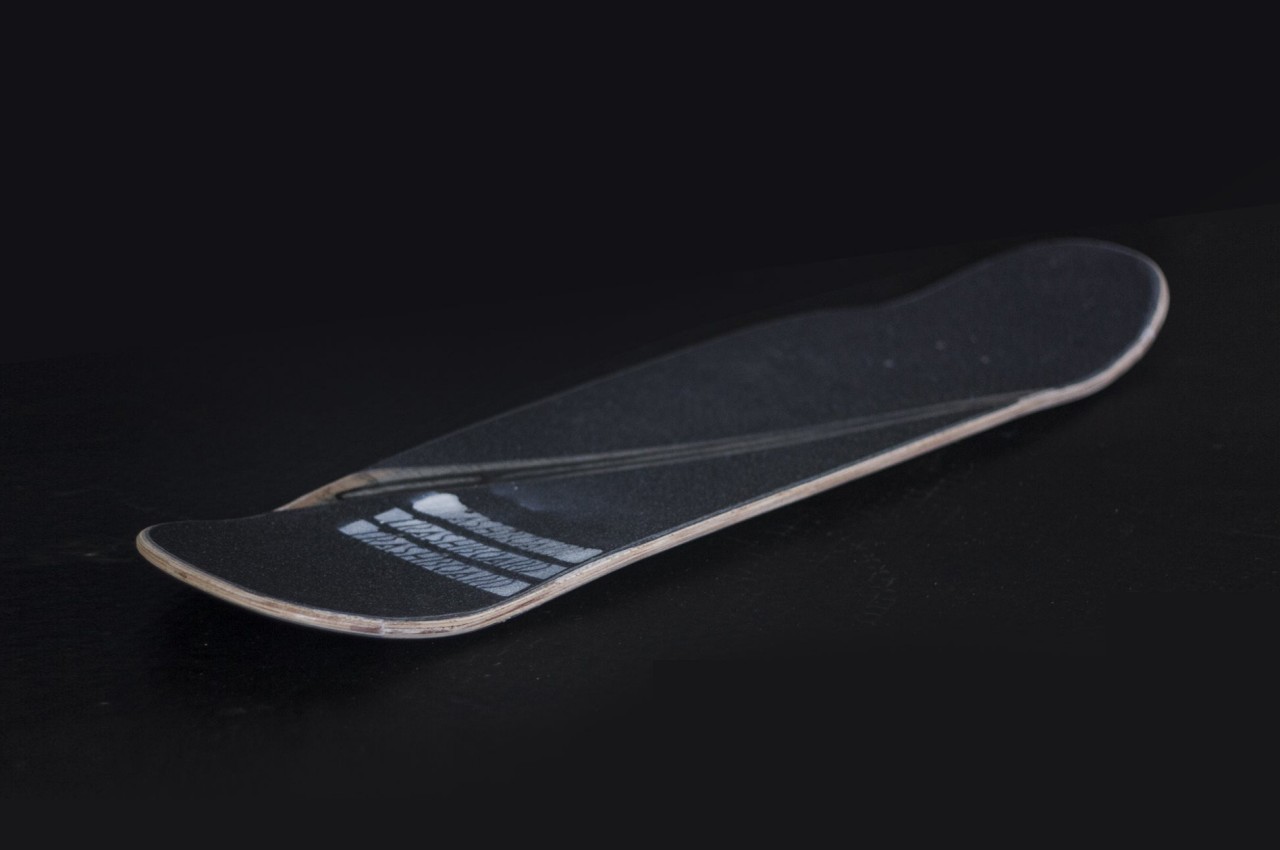
From the outside, you wouldn’t even realize that the Trashboard is made differently. It still retains the same standard form that gives skateboards their smooth gliding power, and it also has rather artistic prints, though leaning more towards a monochromatic tone that gives the decks a more elegant aesthetic. All in all, Trashboard promises to deliver the same exhilarating cruising experience, while also allowing skaters to share in the responsibility of helping keep our planet alive.
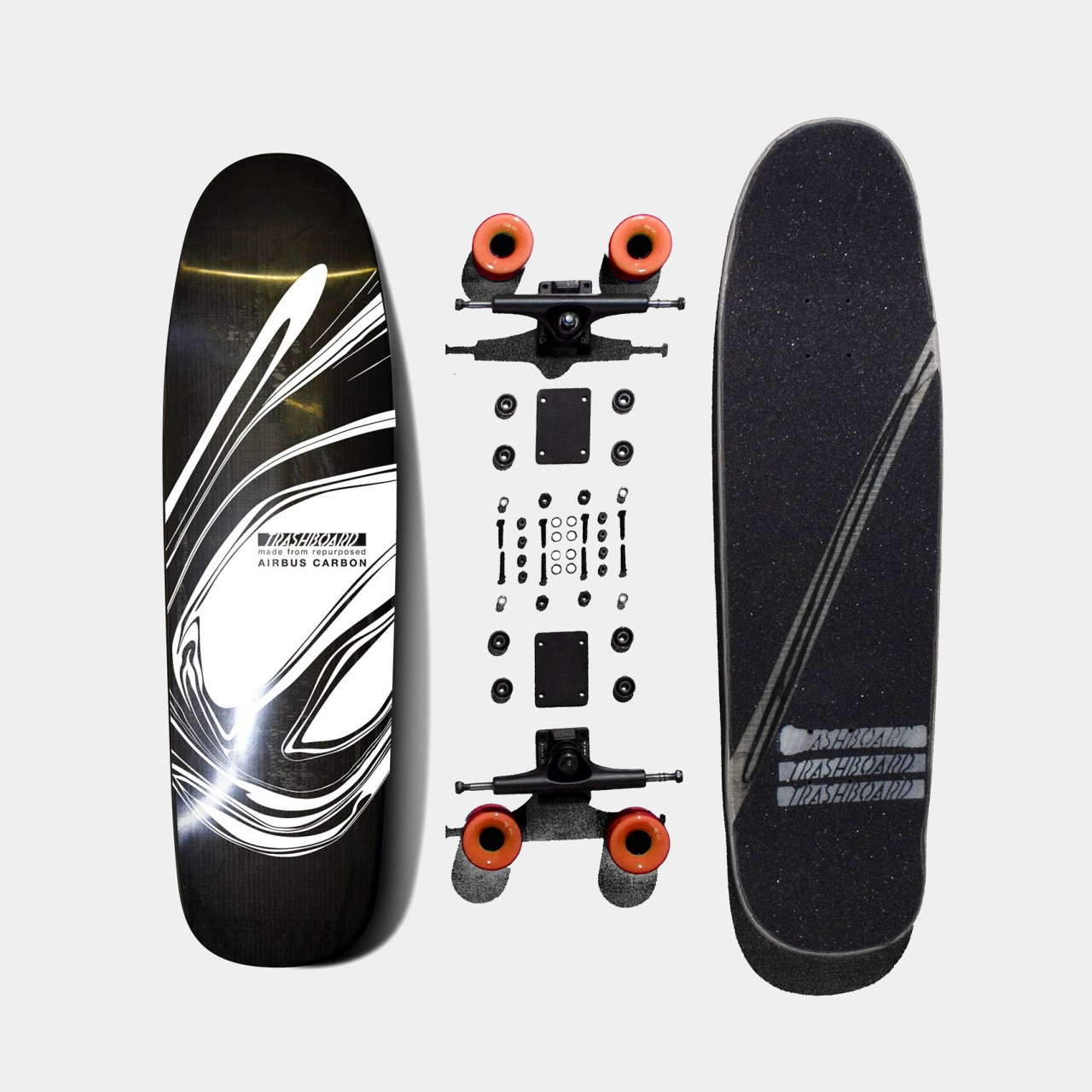
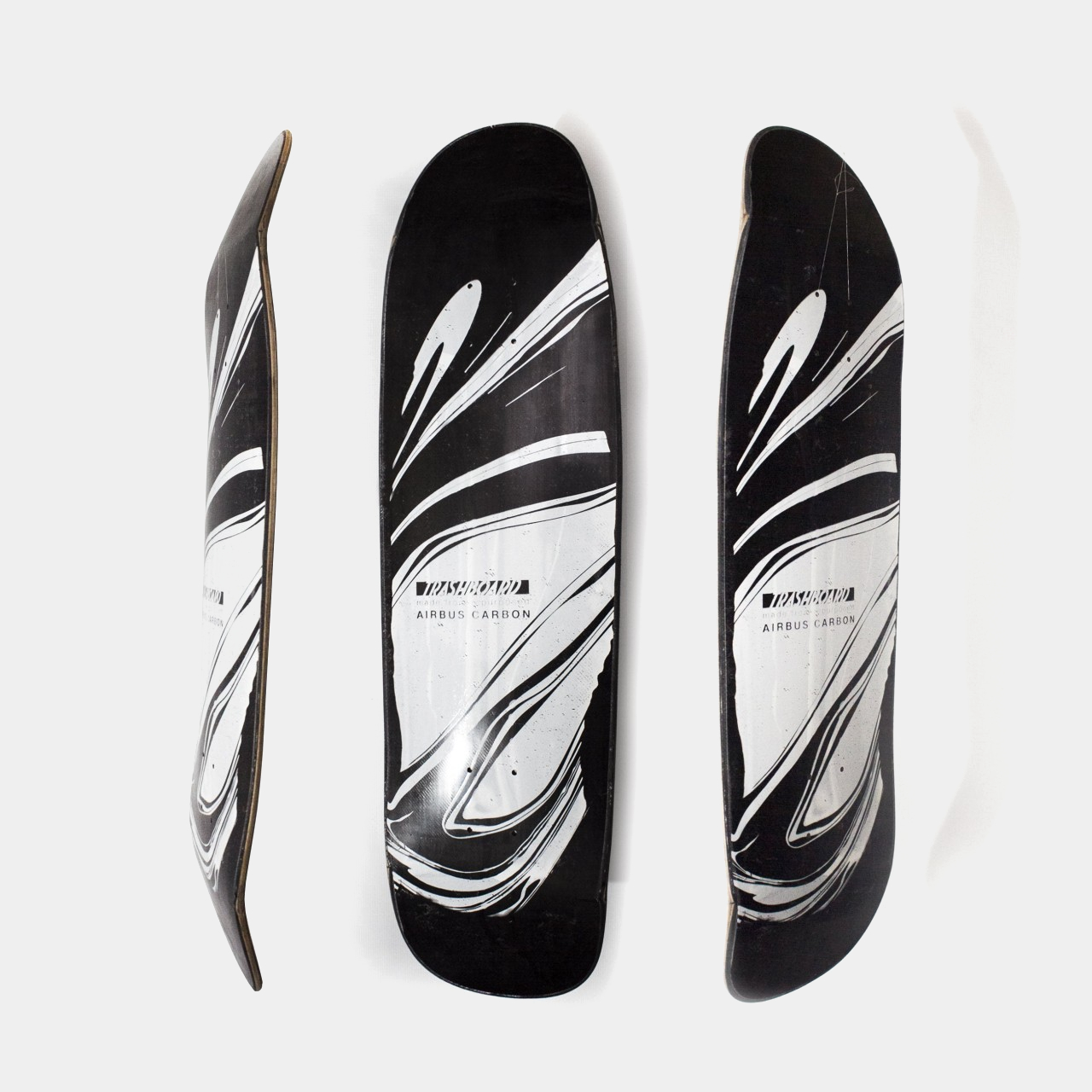
The post Trashboard is a more sustainable skateboard that uses recycled aircraft carbon first appeared on Yanko Design.